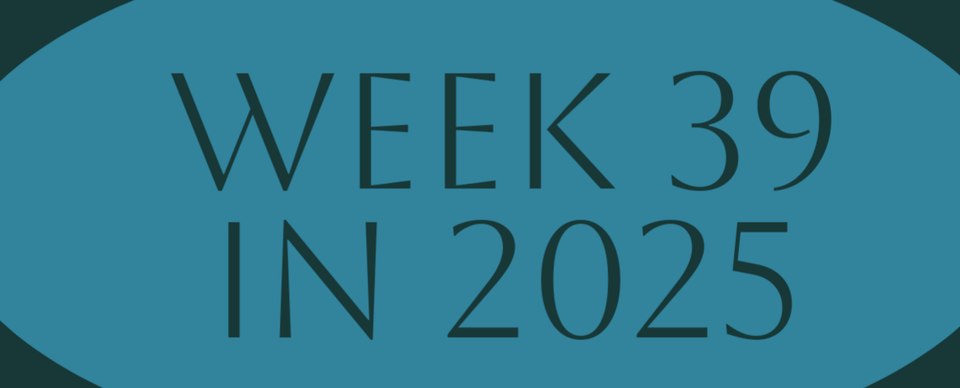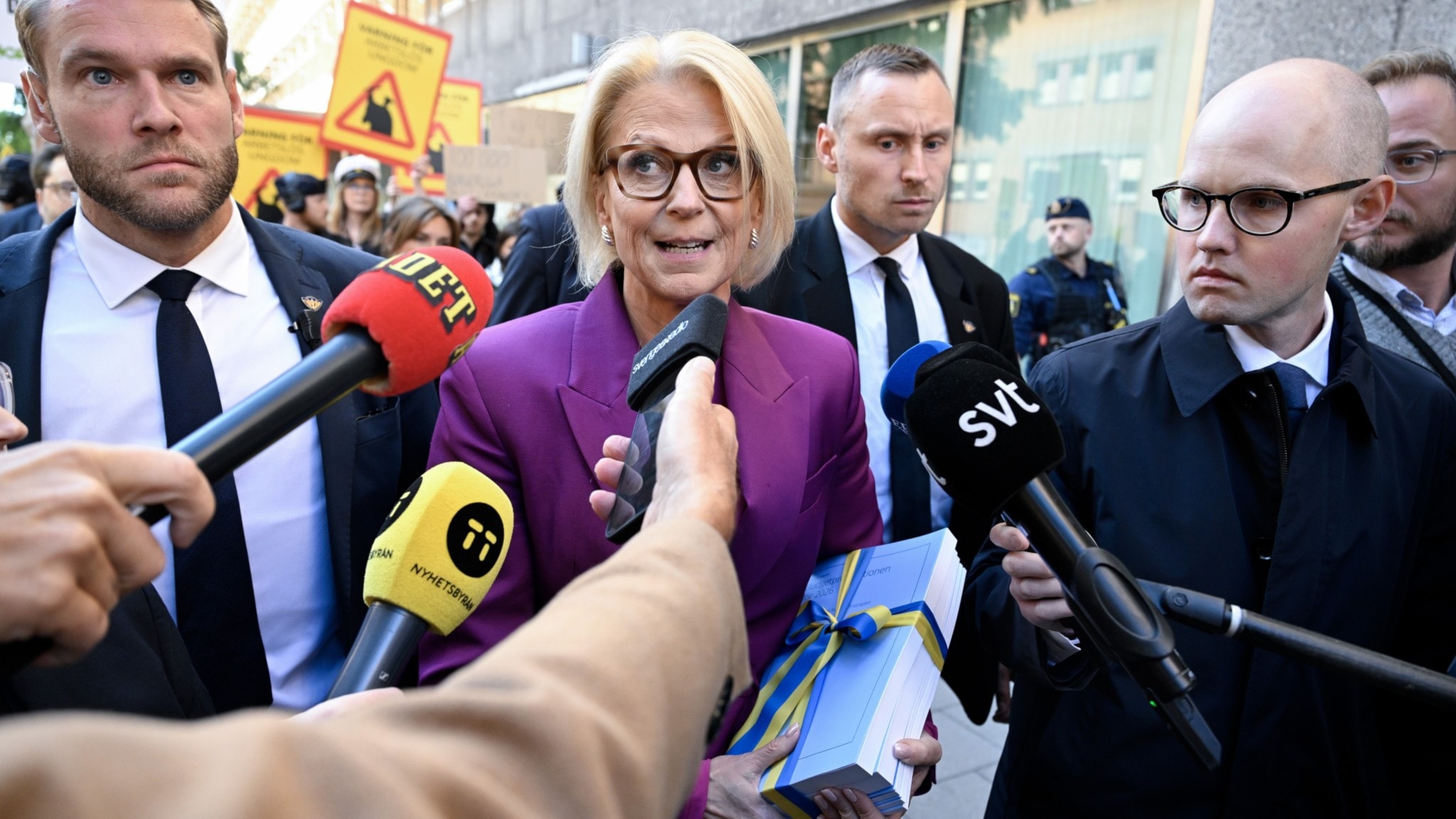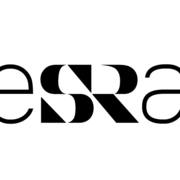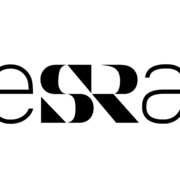Swedish news, week 39 in 2025

Immigration news
The biggest piece of news is that the government has received the report from the inquiry about revoking permanent permits from some people.
A summary in English taken directly from the report
Remit
In this final report, the Inquiry has outlined the following three parts
of its remit:
• presenting proposals on measures that can be taken to induce aliens who have permanent residence permits to apply for Swedish citizenship to a greater extent,
• investigating and determining the conditions under which it would be possible to change permanent residence permits that have been granted to certain aliens to temporary residence permits and considering how such a scheme could be designed, and
• proposing necessary legislation.
A summary of the Inquiry’s proposals follows below. Their primary aim is to induce more of the individuals concerned to want to acquire Swedish citizenship. This can be achieved through measures such as changing asylum-related residence permits to temporary residence permits, which would lead to either Swedish citizenship,
returns or repatriation.
Revocation of permanent residence permits
The Inquiry proposes introducing a special act on the revocation of permanent residence permits. The act would cover all aliens who have been granted permanent residence permits based on their refugee status, are eligible for subsidiary protection, have resettled in Sweden (as quota refugees), are long-term residents of Sweden or have been granted permanent residence permits on the grounds of exceptionally distressing circumstances or in cases of certain impediments to enforcement. The same would apply to aliens who have been granted permanent residence permits in accordance with equivalent older provisions. Aliens who have been granted permanent residence permits pursuant to the Act Temporarily Restricting the Possibility to Obtain Residence Permits in Sweden (2016:752) or the Act on Residence Permits for Upper Secondary School Studies (2017:353) and the dependants of all groups mentioned should be covered by the special act.
The main rule according to the proposed act is that a permanent residence permit covered by the act should be revoked and replaced by a temporary residence permit, if the relevant conditions are met. With the aim of inducing the aliens concerned to seek Swedish citizenship, the Inquiry proposes introducing an exemption according
to which permanent residence permits would not be revoked for aliens who have initiated the process to obtain Swedish citizenship within a certain period of time and have not been denied citizenship through a decision that has become final and non-appealable.
To avoid unreasonable consequences, a permanent residence permit should not be revoked if there are exceptional grounds against doing so and there is no doubt as to whether the person should have a permanent residence permit in consideration of the good conduct expected of them.
Granting of temporary residence permits
When a permanent residence permit is revoked pursuant to the special act, an alien’s continued residence in Sweden will be dependent on whether they can be granted a temporary residence permit. When a permanent residence permit is revoked, the question of a temporary residence permit arises ex officio, i.e. without the alien requesting it. However, the outcome of the examination of the case will depend on the alien’s grounds for being granted a residence permit.
The Inquiry proposes that the question of temporary residence permits should be examined in accordance with the applicable provisions of the Aliens Act (2005:716) and that it should be possible to grant such permits from within Sweden if the conditions for a residence permit are otherwise met. The Inquiry proposes introducing a deviation from the order of examination which would require that the question of residence permits based on long-term residence in Sweden be examined with priority over other grounds for residence permits. To give the aliens concerned reasonable conditions to be granted temporary residence permits, the Inquiry proposes introducing exemptions from certain requirements to be granted a residence permit if they appear insignificant in certain situations. For example, this would apply to the maintenance requirement for dependants, the purpose of which is primarily to promote the integration of family members residing abroad who wish to live with their relative in Sweden. This also applies to the principle of union preference, the aim of which is to make residents of EU/EEA countries and Switzerland aware of vacancies in the Swedish labour market before a third-country national is granted a residence permit to work here.
The first requirement is not relevant when an alien already resides in Sweden and cites family ties, and the latter requirement is not relevant when an alien residing in Sweden cites ongoing employment as grounds to be granted a temporary residence permit for work.
Expulsion
The question of expulsion only arises if an alien either cannot or does not want to become a Swedish citizen, in which case their permanent residence permit will be revoked and they cannot be granted a temporary residence permit. As is customary, the decision-making body should determine whether expulsion decisions are consistent with Sweden’s convention commitments such as the European Convention on Human Rights and the United Nation Convention on the Rights of the Child.
Entry into force and transitional provisions
The Inquiry considers that the presented legislative proposals could enter into force on 1 January 2027. No special transitional provisions are proposed.
Consequences
The Inquiry considers that the proposals presented are compatible with Sweden’s international commitments and the Instrument of Government. Through the proposed scheme, all permanent residence permits affected by the remit would be reviewed. As a basic rule, residence permits covered by the special law would be revoked and an examination would then take place to determine whether the alien
could instead be granted a temporary residence permit. Those who cannot be granted a temporary residence permit must, as a basic premise, leave the country.
The Inquiry’s proposals can be expected to initially have major organisational consequences for both the Swedish Migration Agency and the courts and lead to significantly increased public costs. In addition to work involving information campaigns and organisational adjustments, the Swedish Migration Agency would need to recruit and train staff and manage a large number of cases in accordance with the proposed special act. Moreover, the proposed scheme would generate an increased number of cases concerning Swedish citizenship and temporary residence permits. The latter would lead to the Swedish Migration Agency needing to process a greater number of extension applications. For the migration courts and the Migration Court of Appeal, the special act would entail a significantly greater caseload and a new type of case to examine. The number of cases concerning Swedish citizenship and residence permit extensions could also be expected to increase as a result of the Inquiry’s proposals.
On the whole, the Inquiry considers that the proposals presented above would entail significantly increased costs for the Swedish Migration Agency and the courts, which would initially need to be financed through increased appropriations in each case.
In the long term, the Inquiry’s proposals can be expected to have positive economic effects for society, as they would counteract the trend of growing social exclusion and the emergence of parallel societies. Thus, central government costs should also be limited somewhat. However, it is not possible to estimate the potential reduction in public spending that would be a direct result of the Inquiry’s proposals. Nevertheless, society’s costs as a consequence of various forms of social exclusion are very high. For example, previous calculations show that the costs incurred by the State due to the inability of a relatively large proportion of the working-age population to support itself add up to approximately SEK 270 billion per year (this figure applies to the population as a whole, and not only to aliens affected by the Inquiry’s proposals). The proposed scheme could also be an important tool for the central government’s efforts to discover errors and fraud with respect to public disbursements. The Inquiry’s proposals would therefore contribute several key aims of the central government, and the measures are deemed proportionate in relation
to the intrusion on the individual’s private and/or family life.
To put it mildly, it's startling to see something called ‘permanent’ being taken away, so I've read the section where the authors are exploring the legality of such a retroactive measure. They write on page 47 that while the general rule is that administrative decisions can only be changed to benefit the individual (and not to their detriment, whether the original decision was a mistake, or the circumstances changed later, or whatever) but there have been exceptions to that general rule. The exceptions include: (1) cases when the administrative decision or the law it's based on informs the individual that it might be changed later, (2) safety reasons (when there's a threat to the individual life or health), (3) the individual provided false information or withheld relevant information as the basis of the decision. More importantly though, they write that administrative decisions and legislation are different things, and retroactive legislation is only prohibited for some things in criminal law, so it can be done in this case. At the very end of the report there's a statement from another layer who disagrees with the legality of this.
On page 168 they say there are 98000 people who are for sure affected by this proposal, out of them 9000 are children; and there are 87000 more people for whom Migrationsverket would need to manually check whether it applies to them or not. Assuming the proportion of children in this second group is the same, they estimate the total number of children at risk for negative health effects by this proposal to be 16800.
That's a whole lot of cases, and the proposal's estimate is that just handling them could cost 1191 million SEK for Migrationsverket, 636 million for immigration courts, and 108 million for the court of appeals. Then another 183 million SEK per year for the increased workload due to all the extension cases for the temporary permits.
The next steps are: waiting for responses from relevant organizations until the 19th of December 2025, analyzing the proposal by the Government Offices (Regeringskansliet), then probably voting on it in the parliament. The suggested date for the changes being implemented is the 1st of January 2027, which is more than a year after the next election. While SD has already said they support this proposal, the rest of the government hasn't.
Money + politics news
The final bit of news about the new budget was released on Monday. Not much significant new stuff was left after the steady flow of press releases in the preceding weeks. One example is 25 million SEK to be allocated to implementing the EU:s salary transparency directive which will come in force in June 2026.
There's an official summary of the budget in English with a table listing different expenses for 2026–2028.

Mortgage is about to get a bit cheaper again with the key interest rate down by another 0.25%.



